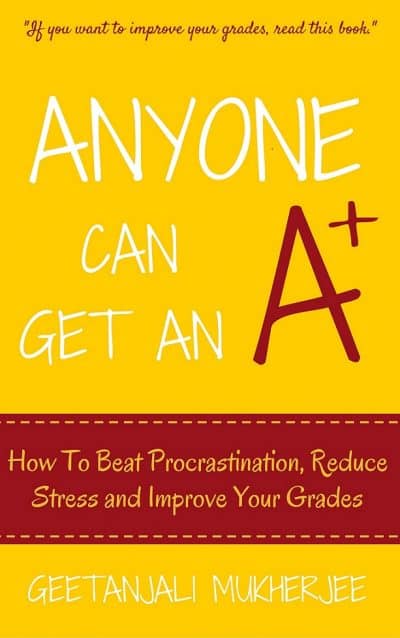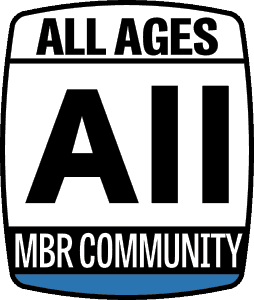Description
Are you spending hours studying in the library, and still getting poor grades? Are you convinced that you are just not a “math person” or “science person”? Do you wish you could improve your grades to qualify for a particular course or scholarship? Do you need to ace your SAT, GRE or GMAT?
This book is written for students like you, who are struggling to get through a tough course, need to do well on a standardized test or just want to do well in school without spending all day in the library. Based on research from the fields of neuroscience and psychology, this conversational, down-to-earth guide is packed full of tips that can transform your study habits and help you significantly improve your grades, whether you are in high school or college or an adult returning to get your degree after a gap.
I highly recommend Anyone Can Get an A+ to every college student and any secondary student thinking about higher education. —McNeil’s Reviews
Practical and sound advice presented in a caring supportive manner. Sarah Jackson, Author and Reviewer
Anyone Can Get An A+ contains 39 tips on various aspects of studying and preparing for exams. In this book, you will learn the following:
• The best and worst techniques to revise for an exam
• What is the top mistake most students make when doing exam preparation and how to avoid it
• How to overcome procrastination and use your study time wisely
• How to break down larger assignments into smaller chunks
• How to write a paper painlessly
• How to use small segments of time effectively
• How to get help to understand difficult material
• How to do well in a subject even if you hate it
• How to improve your grades in quantitative subjects like mathematics
• How to organize your time and study schedule
• How to keep track of all your deadlines and school-related paperwork
Who this book is for:
• College students who want to learn how to juggle classes, extra-curricular activities, other activities and also have room for a social life
• High school students struggling with the pressure to get good grades to get into college, pass standardized tests and be eligible for scholarships
• Parents who are worried about how to help their children get better grades without overburdening them
• Teachers who want to understand how to help their students learn more deeply while enjoying their lessons
• Counselors and tutors who work directly with students, to better help motivate and inspire students to do their best





Comments